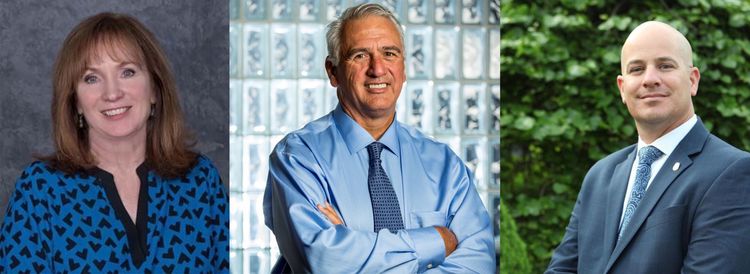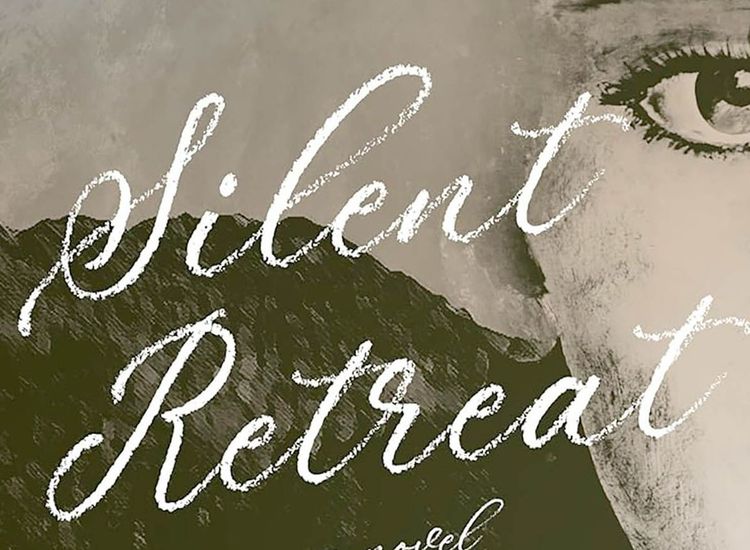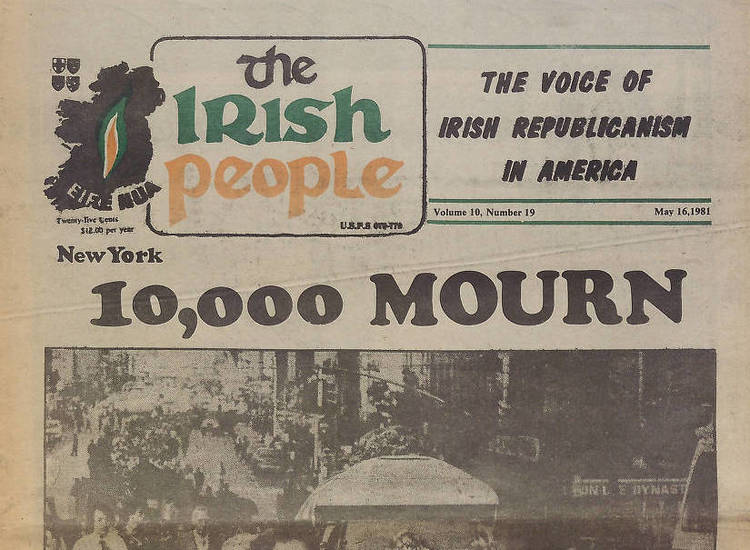Phil Harrison.
PHOTO BY TIM MILLEN
Page Turner / Edited by Peter McDermott
Among those giving film director Phil Harrison an admiring and warm welcome into the ranks of fiction writers are some of Ireland’s most celebrated novelists.
“I just think it is pretty marvelous,” said Sebastian Barry about Harrison’s “The First Day”; meanwhile Patrick McCabe called it an “auspicious debut – crisp, spare, lean and compelling.” And John Boyne, who featured in this space a few weeks back, said: “When you read a novel cover to cover in one day, you know it's something exceptional.”
Glenn Patterson said with a certain home-town pride: “In true Belfast style, Phil Harrison has planted a flag. ‘The First Day’ is not just a novel, it’s a declaration, full worthy of salute.”
It begins with the passionate affair involving Anna Stewart, a 28-year-old Beckett scholar who taught at Queen’s University, and Samuel Orr, a married father of three who was the pastor of a small mission hall on a side street off the Beersbridge Road in east Belfast.
“It's about someone who takes their faith and their desire equally seriously, whatever messy contradictions that entails,” Harrison told us. “I grew up in a small religious community not unlike the protagonist Orr's - and the various complications and frustrations and kindnesses of that have stayed with me long after I abandoned my faith. I wanted to take those people and that faith seriously, in all their generous, flawed humanity. So in many ways the book is rooted there.
“Though it's also about someone subsequently trying to break from an inherited past, a past threatening always to return,” he added about a novel set in both Belfast and New York. “As Faulkner puts it: ‘The past is never dead. It's not even past.’ I'm interested in the ways in which it refuses to die; and in what else someone might do with it rather than try to kill it.”
Critics have described the novelist’s prose variously, “tight, dispassionate, superbly controlled” (Irish Independent), “elegant” (Kirkus Reviews) and ““powerful, poetic” (Irish Times). Library Journal, though, seemed to suggest that he made good crossover use of the skills honed in his film career: "Screenwriter Harrison's absorbing debut will surprise readers with its ingenious plot twists and nuanced characters. Though compared with the work of Albert Camus and D.H. Lawrence, Harrison's cinematic first novel stands on its own."
Phil Harrison
Date of birth: March 8, 1975
Place of birth: Belfast
Residence: Belfast
Published works: “The First Day” is a debut novel; three films, written & directed: “Even Gods” (2011), “The Good Man” (2012), “On Going Home” (2015).

What is your writing routine? Are there ideal conditions?
Usually I write in cafes, in the afternoon - for some reason the background melee seems to work. I always start the day reading though, I'm a reader every bit as much as a writer.
What advice do you have for aspiring writers?
Read good books. I feel good writing comes, in some way at least, from good reading. For me there have been so many authors that have fuelled my love of literature and, consequently, of life. To name a few: Flannery O'Connor, Henry James, Adam Phillips, J M Coetzee, John McGahern.
Also, keep the creative and critical parts of your work separate. They are both deeply necessary; but shouldn't be carried out at the same time. Write freely, or as freely as you can manage; and then go back with the brutal pen and start correcting.
And: be discerning but generous.
Name three books that are memorable in terms of your reading pleasure.
James's “The Golden Bowl” is thrilling for his ability to see drama in the tiniest part of a person's consciousness, the almost unnoticed act. Shirley Hazzard's “The Transit of Venus” and Jamie Quatro's “I Want to Show You More" have been two standouts of the last year for me.
What book are you currently reading?
I'm reading a memoir by Brian Dillon called “In The Dark Room: A Journey in Memory.” I'm currently fascinated by how memory works, or doesn't. The way we tell stories to ourselves, some of which are true, some of which seem to become true, to us, simply in the telling and retelling. We currently have this metaphor of the brain as a computer, and therefore instinctively think of memory as data on a hard drive somewhere inside us - but of course memory doesn't work like that at all. It is more slippery, more coercible, more fictional. This is partly what my next book is about – though it'll be more interesting than I'm making it sound, promise.
Is there a book you wish you had written?
Plenty I wish I'd read, none I wish I'd written. I'm determined to get through Proust before I'm fifty. I'm only half way there (to Proust, not being fifty, alas).
If you could meet one author, living or dead, who would it be?
I'd have loved a cuppa with Freud. Wonder what he'd make of that.
¯\_(ツ)_/¯
What book changed your life?
Probably - quelle surprise - the bible. But also Annie Dillard, Freud, Kafka, and Shoot Magazine.
What is your favorite spot in Ireland?
I'm very fond of the north coast of Northern Ireland; beautiful Atlantic beaches, a kind of remote ruggedness rather than prettiness. It's hard to beat.









